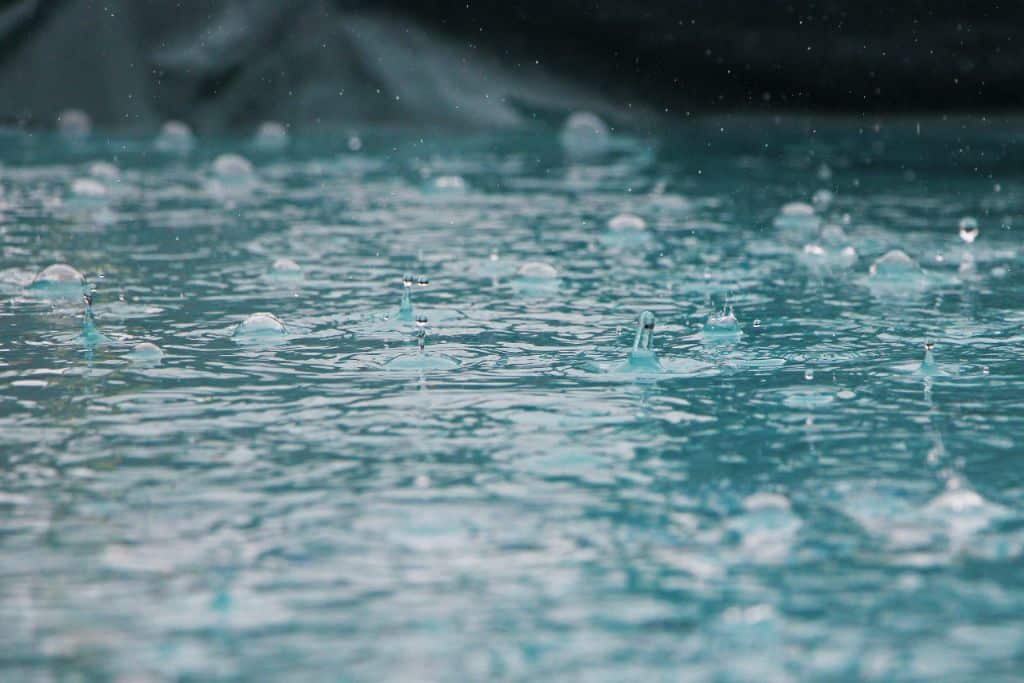Rain, rain, go away! Georgia has experienced near record-breaking amounts of rain during 2020 and it doesn’t seem to be showing any sign of stopping! All this rain doesn’t just put a damper on your outdoor activities, but continual heavy rainfall is also not a friend to your plumbing system. Our licensed plumbers are here to give you a few tips on how to recognize damage from heavy rainfall and also what you can do to try and prevent it.
Pressure On Pipes That Lead To Cracking
Heavy rainfall can create an increased amount of pressure on your pipes, and could potentially damage them. Sometimes this can cause what appears to be a roof leak when in actuality the leak is coming from damaged plumbing vent pipes in the attic. However, the increased water pressure may not be directly on the pipes. For example, the rain will be soaked up in the surrounding sand or dirt, creating mud that will rest heavier on the pipes. While most residential plumbing systems today are built to be very durable it is impossible to accurately predict the impact the weather can have on your plumbing system.
During these times of high precipitation, rain can soften the ground surrounding the underground pipes which can potentially cause them to shift out of their original positions. This shifting combined with increased pressure can lead to cracks in your plumbing.
Cracked pipes can be a major problem if not fixed right away. If you believe you have a cracked pipe, turn your main water valve off right away and call one of our emergency plumbers.
Sewage Backing Up Into The Home Due To Clogged Drains
If you have a septic tank on your property then the heavy rain may saturate your drain field, meaning that your tank is unable to properly output water. It can get to the point that your drain water has nowhere to go but back up through the pipes. Heavy rain could also cause field lines to become too saturated to drain properly which could lead to a backup in the house. If you suspect any of this please give one of our licensed plumbers a call.
Pipes Bursting & Cracking From The Blockage
A lot of rainwater will bring debris with it. Twigs, leaves, trash, and dirt can all get into your sewer system to the point that it clogs drains. A recommended precaution is to keep your roof and gutters clean and free of debris. You’ll notice your pipes are blocked if your drain seems sluggish and your water doesn’t quickly go down the drain as normal. You may also notice the smell of sewage or the water may be colored. You can try using an everyday plunger to fix the problem, but if the problem persists you may need the help of one of our professional plumbers.
If you have any questions, concerns or difficulties in regard to your plumbing, please contact one of our Conyers plumbers. If you’re interested in more plumbing tips or services please give us a call at 770.860.8110 or you can visit our website.
